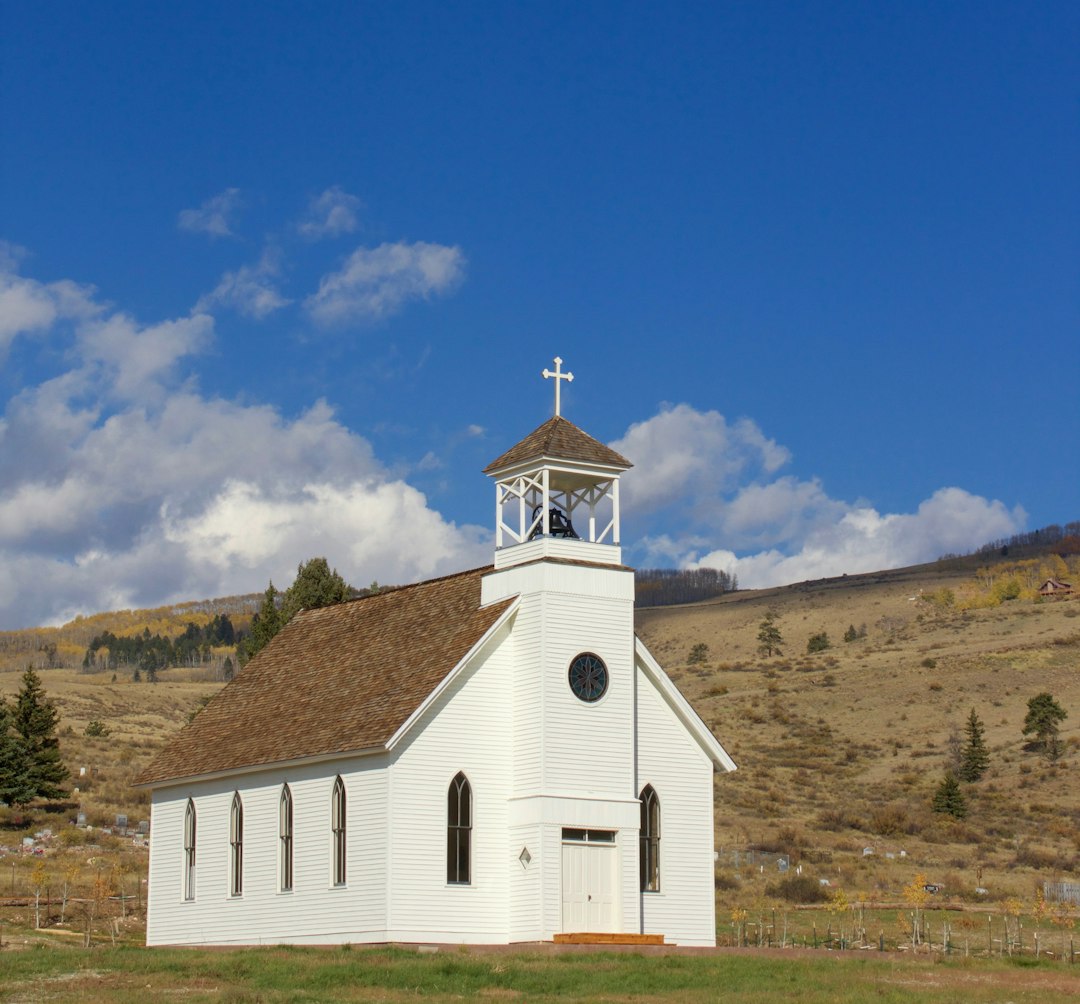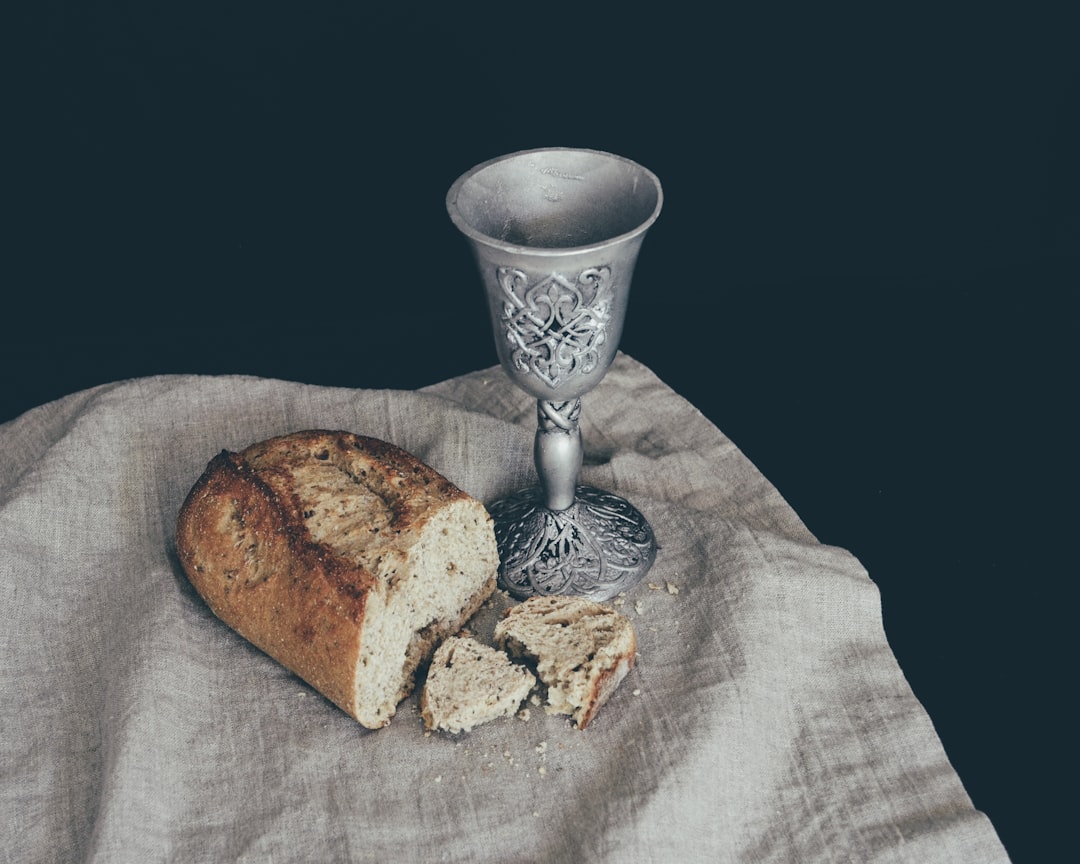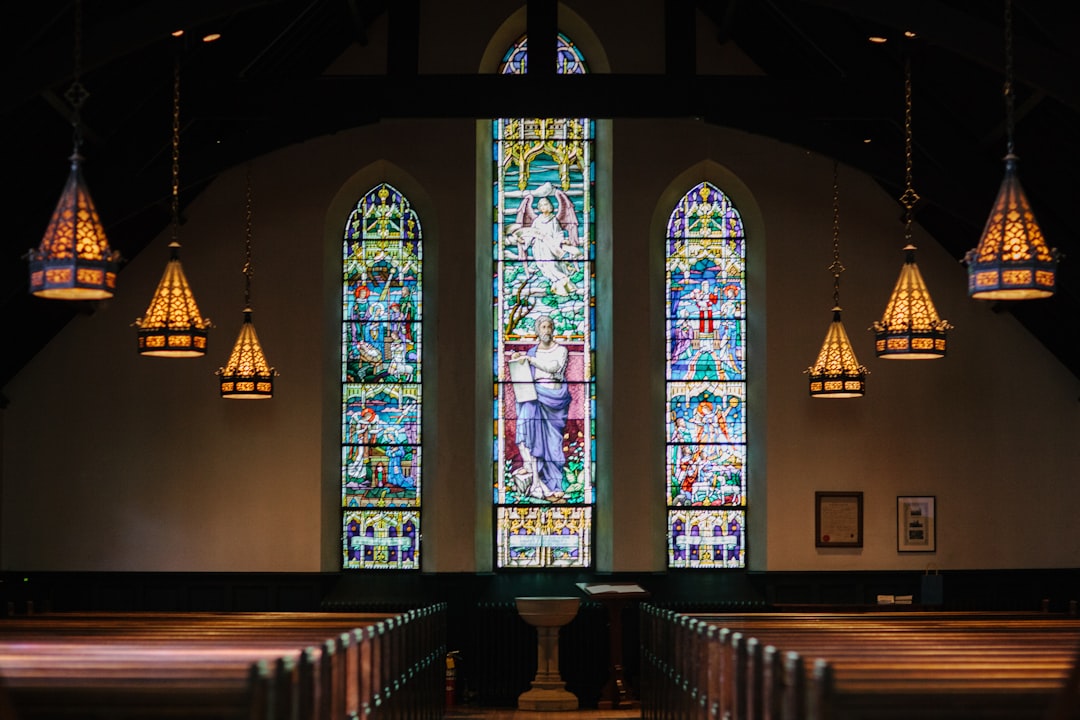Clergy abuse, often subtle yet harmful, involves emotional manipulation and physical assault, leaving survivors isolated and ashamed. Colorado clergy abuse attorneys specialize in identifying abuser tactics like gaslighting and helping victims take legal action. The state's robust legal framework protects victims through strict sexual misconduct laws, confidential reporting, and protective orders. These attorneys collaborate with authorities and counselors to aid survivors and hold institutions accountable. Connecting with specialized clergy abuse attorneys Colorado offers tailored guidance, evidence gathering support, and navigating legal procedures for a favorable outcome while providing emotional support throughout the process.
“In Colorado, where faith and community intertwine, it’s crucial to understand and address the issue of clergy abuse. This comprehensive guide delves into the complex world of recognizing and combating such abuses, highlighting ‘Understanding Clergy Abuse’ and ‘The Legal Framework in Colorado’.
We introduce ‘Clergy Abuse Attorneys in Colorado’, their vital role, and expertise. Furthermore, we provide a step-by-step navigation of the legal process for filing claims, along with support resources for survivors. Empower yourself with knowledge; together, let’s ensure justice.”
Understanding Clergy Abuse: Recognizing Patterns and Red Flags

Clergy abuse, often subtle and complex, can take many forms—from emotional manipulation to physical assault. Recognizing patterns and red flags is crucial for victims seeking justice. Many survivors of clergy abuse report feeling isolated and ashamed, making it difficult for them to speak out. Common tactics used by abusers include gaslighting, where the victim is made to question their own perceptions and memories, and emotional coercion, which manipulates a person’s sense of duty or loyalty.
Colorado clergy abuse attorneys specialize in helping victims navigate these challenging situations. They are trained to identify indicative behaviors and patterns, such as frequent moves, secrecy around financial matters, or unusual control over the victim’s personal life. By understanding these red flags, these advocates can provide crucial support and guidance, enabling survivors to take legal action against abusers and seek the justice they deserve.
The Legal Framework in Colorado: Protecting Victims' Rights

In Colorado, the legal framework is designed to protect victims of clergy abuse and ensure their rights are upheld. The state has strict laws in place that address sexual misconduct and abuse within religious organizations, with a focus on holding perpetrators accountable and providing support for survivors. These laws include statutes of limitations that allow victims to seek justice within a specified time frame, as well as provisions for confidential reporting and protective orders.
Clergy abuse attorneys Colorado specialize in navigating these legal complexities and advocating for victims’ rights. They work closely with law enforcement, social services, and counseling professionals to ensure survivors receive the help they need while pursuing criminal or civil charges against abusers. These attorneys play a crucial role in holding religious institutions accountable and fostering a safer environment for all members of their communities.
Who Are Colorado Clergy Abuse Attorneys? Their Role and Expertise
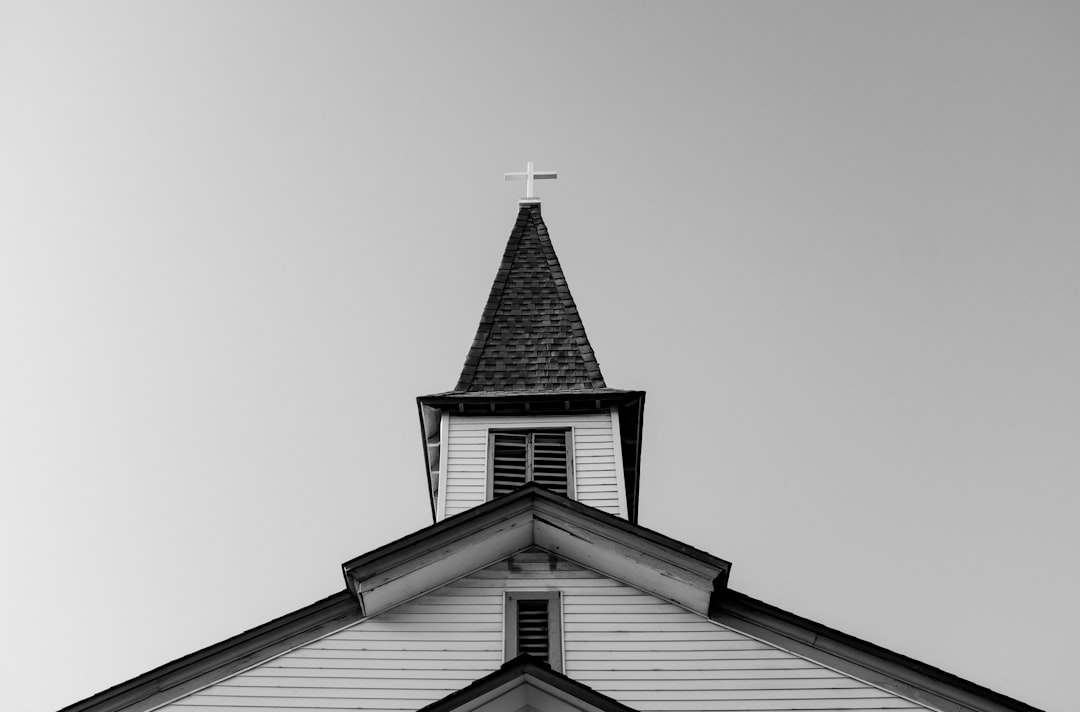
Colorado clergy abuse attorneys are legal professionals specialized in handling cases involving allegations of misconduct by religious figures. They play a crucial role in advocating for survivors who have experienced abuse within religious institutions. These attorneys possess unique expertise in navigating complex legal and ethical issues surrounding clerical abuse, ensuring that victims’ rights are protected.
Their skills include thoroughly investigating claims, gathering evidence, and providing emotional support to clients. With an understanding of the sensitive nature of such cases, they offer a compassionate yet robust approach to justice. Many Colorado clergy abuse attorneys have extensive experience dealing with religious organizations, enabling them to effectively communicate with and represent clients facing these challenging situations.
Navigating the Legal Process: Steps to File a Claim
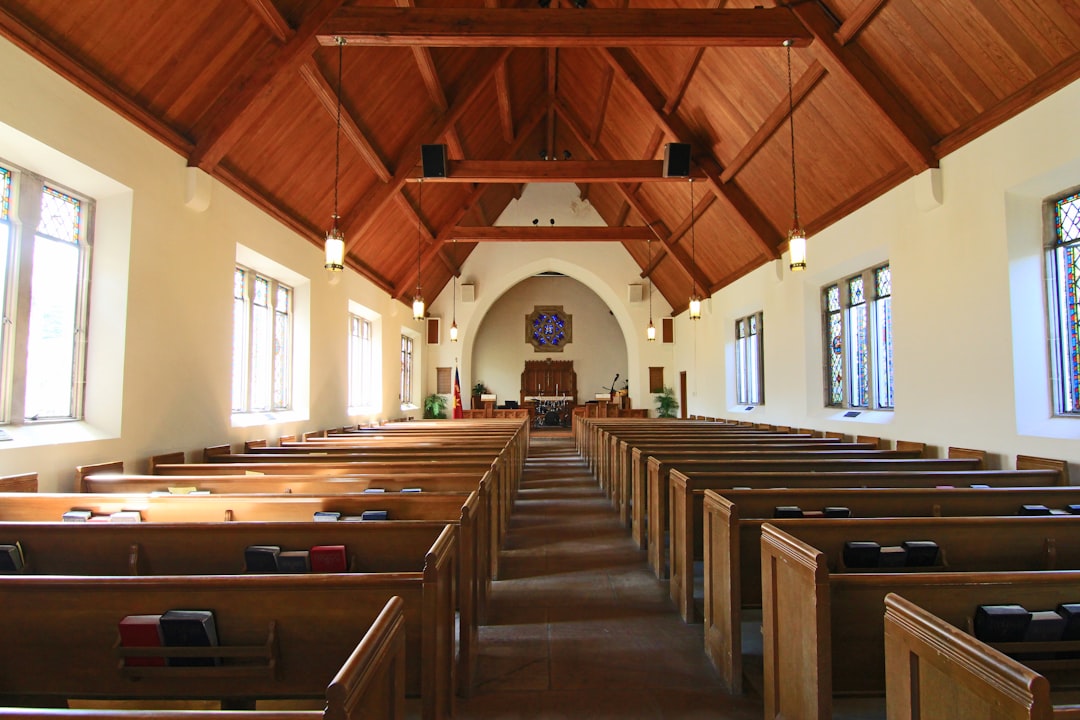
Navigating the legal process after experiencing clergy abuse can be overwhelming, but with the right support, individuals in Colorado can take steps to seek justice and healing. The first step is to connect with experienced clergy abuse attorneys who specialize in these cases. These advocates understand the unique challenges and sensitivity surrounding such situations and can provide guidance tailored to your needs. They will help you understand the statute of limitations and gather essential evidence, which may include documentation, witness statements, or any relevant records.
To file a claim, individuals should prepare comprehensive documentation detailing the abuse, including dates, locations, and descriptions of the incidents. This process requires patience and careful consideration, especially when dealing with emotional trauma. Colorado clergy abuse attorneys will assist in crafting a strong case, ensuring that all legal procedures are followed correctly, and increasing the chances of a favorable outcome. They will represent you throughout the journey, providing support and advocacy to help you secure justice.
Support and Resources for Survivors of Clergy Abuse in Colorado

Many survivors of clergy abuse in Colorado find solace and support through various resources tailored to help them navigate their unique challenges. Organizations like the Colorado Alliance for Victims of Sexual Abuse (CAVSA) offer crisis intervention, counseling, and legal advocacy services specifically for individuals who have experienced sexual abuse within religious institutions. These groups provide a safe space for survivors to share their stories and connect with others who understand their trauma.
For those seeking legal representation, specialized clergy abuse attorneys in Colorado are equipped to handle sensitive cases involving church-related sexual misconduct. They work closely with survivors to ensure their rights are protected, providing guidance through the legal process. These attorneys can help victims seek justice, secure compensation for their suffering, and hold accountable those who have committed such crimes within the clergy.
